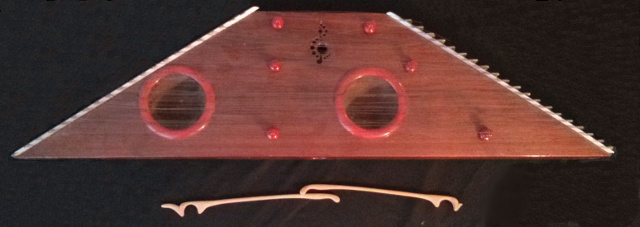↑ LifeOnStage
Page Created: 7/17/2014 Last Modified: 4/14/2018 Last Generated: 2/25/2026

The stories on this site are just that, stories. They're stories of how I see myself and the world and my role within it. I fit the events in my life into a narrative that makes sense, but you can choose your own narrative.
Each of us is playing a role, assuming one in our career, around our family and friends, and some of us are part of a larger story that has yet to play out. We are clinging to archetypes that have existed throughout the ages, patterns that flow through us, patterns that attract us, to which we gravitate.
It's like we are all actors in some kind of Greek theatre, and like the Ancient Greeks, we can learn how to be better people if we study these roles. Sport is really another form of the performing arts; some say it is a simulation of war; I believe is it simply another type of play.
You may get the idea that my obsession with knowledge, science, and technology precluded me from the performing arts, but as hard as it was for my systemizing mind, also like the Greeks, I strove for balance. It was another point of separation from my peers, a journey they would not take with me.
Throughout elementary school, I sang and performed in musicals. At 7, I was Peter in Peter Rabbit, and took home pages of lyrics to memorize. My grandmother eventually gave me a cassette tape recorder that I could use to record and playback as a memory aid. I performed a variety of solos over the years.
It wasn't difficult for me to sing. My grandmother was southern baptist, and I would ride to church in an old schoolbus, called the "life saver", painted like a roll of Life Savers candy, to an auditorium filled with song.
In elementary and high school, I was good in art and had some of it displayed in art showings.
As a high school freshman, I was shy and nervous, but forced myself into Oral Interpretation, a class where we performed speeches. I was so nervous, I was the worst in the class. In later years, however, I found I could make people laugh, but I wasn't quite sure if they were laughing with me or at me.
My senior year, I enrolled in Chorale to revisit singing, and did fairly well, participating in a public performance.
Through a lucky coincidence, during one summer, I was asked to work for a week backstage at The Muny of St. Louis, assisting my friend and his father, both art teachers, who worked summers as stage painters. I got to see the work that went on behind the scenes, the carpentry and the painting.
At the university level, I studied Theatre and Speechwriting, wrote once for the college newspaper, and joined the university's debate team and began competing at various colleges.
I forced my scientific mind in front of people, to succeed or to fail, where my fear and desire to communicate were at odds with each other, sometimes breaking the deadlock, sometimes not.
In sport, I competed as an athlete, running like the men in Chariots of Fire, and for a time, we showed off, we dominated, we ran like gods.
In class, I challenged my professors, raising my hand or speaking out. Fear was a minor emotion compared to regret.
After college, I studied the Korean and Japanese martial arts of Tae-Kwon-Do and Aikido for a short while and learned that sport, art, performance, and philosophy are inseparable in these disciplines.
My family were educators, the highest form of actors. My father's discotheque was a place of dance, of song. They were both storytellers.
My grandfather was an excellent whistler and harmonica player, and had a fascinating variety of harmonicas.
My father, not of the ancient Greeks, but of their distant cousin, the ancient Persians, built wonderful musical instruments: a conga drum and a beautiful Persian santur, a type of hammered dulcimer. He was an expert woodworker.
My grandmother was a military photographer during WWII and my mother was a painter.
I ultimately chose filmmaking as my primary artistic outlet, a theatre encapsulated in a technological medium, not ephemeral, but close.
But in 2015, I started experimenting with an even smaller theatre, encapsulated inside a tiny technological medium, and by pure chance, I found myself back on stage.
In later years, I began playing online MMORPGs such as Ultima Online, Dark Age of Camelot, World of Warcraft, and Wurm Unlimited. Are these virtual worlds not another form of the stage? Would Aristotle approve?
Perhaps it depends on the outcome, and our choices, not the medium or character in which we play.
Comments